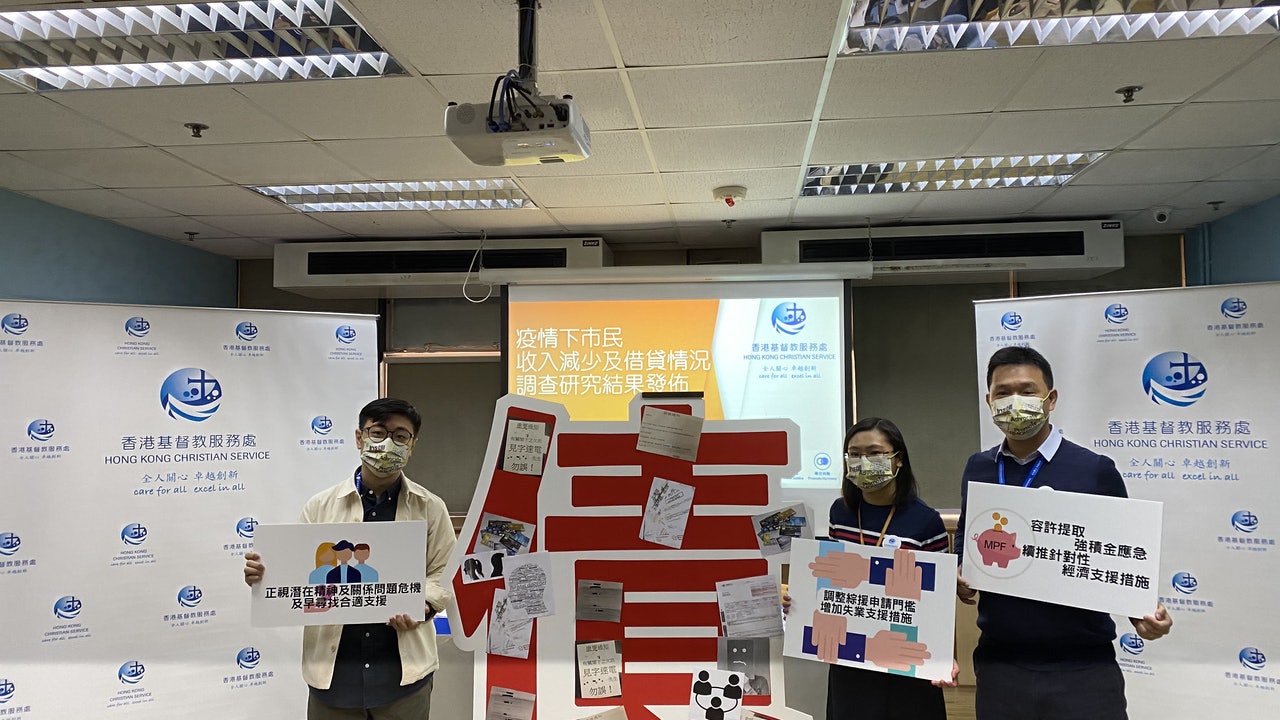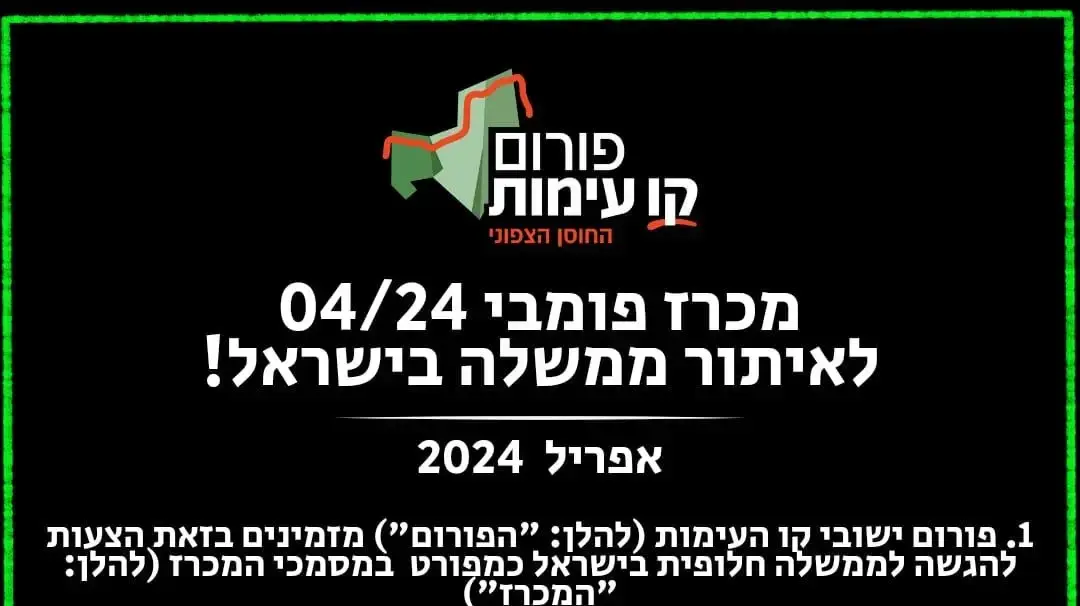The epidemic has lasted for a long time, and the income of many citizens has been affected.
Studies have pointed out that more than half of the residents' household income is lower than before the epidemic, and more than four adults need to borrow money to survive.
The research team described the situation as serious. Most citizens choose to borrow money from people close to them. Repaying the money is even more laborious and affects the body and mind.
The research team also pointed out that the demand for CSSA applications has increased during the epidemic, but the threshold is still high. It is recommended that the authorities relax income restrictions and exempt the calculation of savings insurance as assets to alleviate the situation.
"Citizens' income reduction and borrowing situation during the epidemic" was conducted by the Hong Kong Christian Service Office through online and physical questionnaires from September to October.
The survey spanned six districts and successfully interviewed 598 citizens. The average age of the respondents was 38 years old, and most of them had a secondary school education or above.
Respondents were mainly from four-person households. The average income before the epidemic was 38,200 yuan, which is close to the median household income of four-person households (42,800 yuan) in the second quarter of this year.
"Citizens' income reduction and borrowing situation during the epidemic" was conducted by the Hong Kong Christian Service Office through online and physical questionnaires from September to October.
(Photo by Zeng Fengting)
The study pointed out that the household income of nearly half (46.6%) of the respondents in the epidemic has dropped sharply, with an average decrease of nearly 40% (38.3%), and even more than 10% (12.5%) of the respondents’ household income has fallen by 90% or more. That is, almost completely losing income.
The study also revealed that the decrease in income lasted for an average of 8.5 months, of which 10% (10.2%) lasted for 19 months.
The research team pointed out that although the epidemic has been relaxed, the decline in income has not been fully recovered, and the household income of more than half (55%) of the respondents is still lower than before the epidemic.
The study pointed out that the household income of nearly half (46.6%) of the respondents in the epidemic has dropped sharply, with an average decrease of nearly 40% (38.3%), and even more than 10% (12.5%) of the respondents’ household income has fallen by 90% or more. That is, almost completely losing income.
(Josh Appel/Unsplash)
Respondents borrowed an average of 77,000 yuan under the epidemic
In terms of borrowing, the study indicated that 40% (41%) of the respondents had borrowed during the epidemic, mainly from family members (53.8%), friends (38.5%) and credit card cash advances (32.1%).
Their average loan amount was RMB 77,500, and the maximum loan amount was RMB 400,000. More than half (59.7%) borrowed RMB 40,000 or more.
Nearly 70% (69.6%) of the respondents who had borrowed felt extremely "difficult to speak" when borrowing and 70% (70.5%) felt "extremely pressured" to repay, and only less than 40% (39.2%) said they were "confident" Able to repay on time".
Nearly 70% (69.6%) of the respondents who had borrowed felt extremely "difficult to speak" when borrowing and 70% (70.5%) felt "extremely pressured" to repay, and only less than 40% (39.2%) said they were "confident" Able to repay on time".
(Profile picture)
Income dropped by nearly 20% of respondents considering applying for CSSA
The study also pointed out that 70% (75.1%) of the respondents had experienced one or more negative physical and mental conditions during the epidemic, including saving money and reducing social activities (55.9%), feeling mentally distressed (35.8%), and having more Multi-family conflict (27.4%).
Among those whose income has fallen, nearly 9 adults (89.9%) have related negative physical and mental conditions.
Even among those whose income has not fallen, more than 6 adults (61.9%) have the relevant conditions.
Although many interviewees are experiencing financial difficulties, only about two adults (21.3%) have considered applying for CSSA among those whose income has fallen. In the end, only less than 10% (3.9%) have decided to apply, which is much lower than those who choose to borrow. Proportion.
The main reasons why people with income decline did not apply for CSSA were that they or their family members did not meet the eligibility criteria (53.1%) and the procedures were complicated (31.5%).
Hong Kong Christian Service Research and Advocacy Officer Zhu Hanrong explained that the high threshold for applying for CSSA has prevented many citizens who wish to apply.
He mentioned that many citizens did not expect that the epidemic would last for nearly two years, and generally only wanted short-term assistance.
In addition, the examination of CSSA applications is complicated, and sometimes it is even more necessary to obtain the financial status of non-resident family members. Some applicants may be accused of excessive rents in their residences, resulting in rejection of their applications.
Hong Kong Christian Service Research and Advocacy Officer Zhu Hanrong explained that the high threshold for applying for CSSA has prevented many citizens who wish to apply.
(Photo by Zeng Fengting)
Zhu Hanrong mentioned that the number of people who can be reached by CSSA is limited, and most people who are in short-term financial difficulties cannot apply.
Ben, who has 3 children, is an example. Ben, 50, worked in a multinational company before the epidemic. After losing his job, he found a sales job in a decoration company. In order to save money, he rented a unit with a monthly rent of 12,000, but After the transfer, the salary is not high, and there is not much left after paying the rent. It is difficult to afford the expenses of a family of five.
He tried to apply for CSSA, but was accused by the department that the rent was too high and he was not eligible.
In the end, he could only borrow an overdraft credit card to meet daily expenses and use the food bank to maintain his living, and at one time owed about 100,000 Hong Kong dollars to the card.
Tan Jiayuan, Service Development Officer of the Hong Kong Christian Service, suggested that the authorities allow people with financial difficulties to withdraw part of their employees’ MPF for emergency use, and set a ceiling of $100,000.
With regard to CSSA, she suggested that the authorities re-launch measures such as "increasing the upper limit of asset limits" and "exempting the calculation of insurance with savings components as assets" to help the public tide over the difficulties in the short term.
(Photo by Zeng Fengting)
Groups urge to relax the threshold for CSSA applications
Tan Jiayuan, Service Development Officer of the Hong Kong Christian Service, suggested that the authorities allow people with financial difficulties to withdraw part of their employees’ MPF for emergency use, and set a ceiling of $100,000.
With regard to CSSA, she suggested that the authorities reintroduced measures such as "increasing the upper limit of assets" and "exempting the calculation of insurance with savings components as assets" to help the public tide over the difficulties in the short term.
Zhu Hanrong described the CSSA as a safety net with no alternatives. In the long run, the government should establish an unemployment support system to assist people in need when the city is down or other factors affect the economy of Tai Wai.
Global Union Survey|Survey of nearly 60% of respondents saying that the epidemic has no impact on family income|78% of respondents saying that their family income was affected by the new crown pneumonia epidemic 72% worried about debt repayment
01Community









